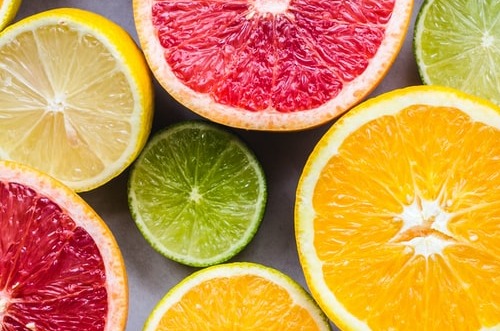Impact of EU’s New Cold Treatment Requirements on South African Citrus Industry

The European Union’s Standing Committee on Plants, Animals, Food and Feed announced in May 2022 its decision to institute cold treatment requirements for orange imports from third party countries, including South Africa, where false codling moth (FCM) is present. The decision was taken to protect EU member states from phytosanitary risks, especially FCM, which feed on many types of crops, including citrus. Spain, the EU’s largest citrus producer, argued that failure to act would pose a serious threat to citrus production in EU member states. Spain requested for the cold treatment requirement of imported oranges to come into effect before the end of June 2022 for the South African campaign, and further requested that the treatment be extended to mandarins and grapefruit.
The cold treatment requirements the EU will require South Africa to implement include precooling at 5 °C (degrees Celsius) at the port of departure along with an in transit treatment between -1 and 2 °C for 25 days. By 2023, third party countries will be allowed to choose between two options: a precool at 0 °C followed by a cold treatment between -1 and 0 °C for 16 days or a precool at 2 °C followed by a cold treatment between -1 and 2 °C for 20 days. The current procedure for South African oranges is a 24-day protocol with shipping options based on continuous orchard and packhouse monitoring for FCM larvae.
According to the CGA (Citrus Growers Association of Southern Africa), South Africa’s citrus industry follows a comprehensive FCM management system that has effectively protected against FCM since it became a quarantine pest in 2018, citing that it has not registered more than 15 FCM incidents on oranges a year over the past three years. South Africa recorded 15, 12 and 8 interceptions on oranges respectively in 2019, 2020 and 2021, indicating a downward trend in the number of interceptions. The South African citrus industry vigorously contested the newly implemented measures, calling into question the scientific grounds of a harsher cold protocol while arguing it would be detrimental to fruit quality.
The new legislation may effectively close the EU market for the export of some types of citrus, including blood oranges, Turkey, Salustiana, Benny, and Midknights, due to their inability to withstand the newly imposed cold requirements. The South African citrus industry will also be forced to halt exports of organic and non-chemically treated oranges which have never recorded an FCM interception. Ultimately, only a portion of South African oranges will be able to withstand the new prescribed cold treatment temperatures and qualify for export to the EU. Implementation of the new protocols would also negatively impact the quality of large volumes of South African oranges arriving in the EU.
The new legislation will have dire consequences for South Africa’s citrus industry, who exported 697,193mt of FCM susceptible citrus to the EU (EU27 excluding the UK) in 2021 consisting of 459,828mt oranges, 140,732mt mandarins and tangerines, and 96,633mt grapefruit. South Africa exported 35.49% of its oranges, 28.02% of its mandarins and tangerines, and 33.25% of its grapefruit to the EU in 2021. Thus, the new cold treatment requirements will have a devastating impact on the growing South African citrus export industry which is already struggling due to market access issues to Russia which traditionally imports 7-10% of the country’s citrus. South Africa is the largest third country supplier of citrus to the EU, largely supplying citrus that are counter-seasonal to EU production. The new legislation could lead to large gaps in the supply of citrus in EU markets coupled with higher prices for EU consumers.



